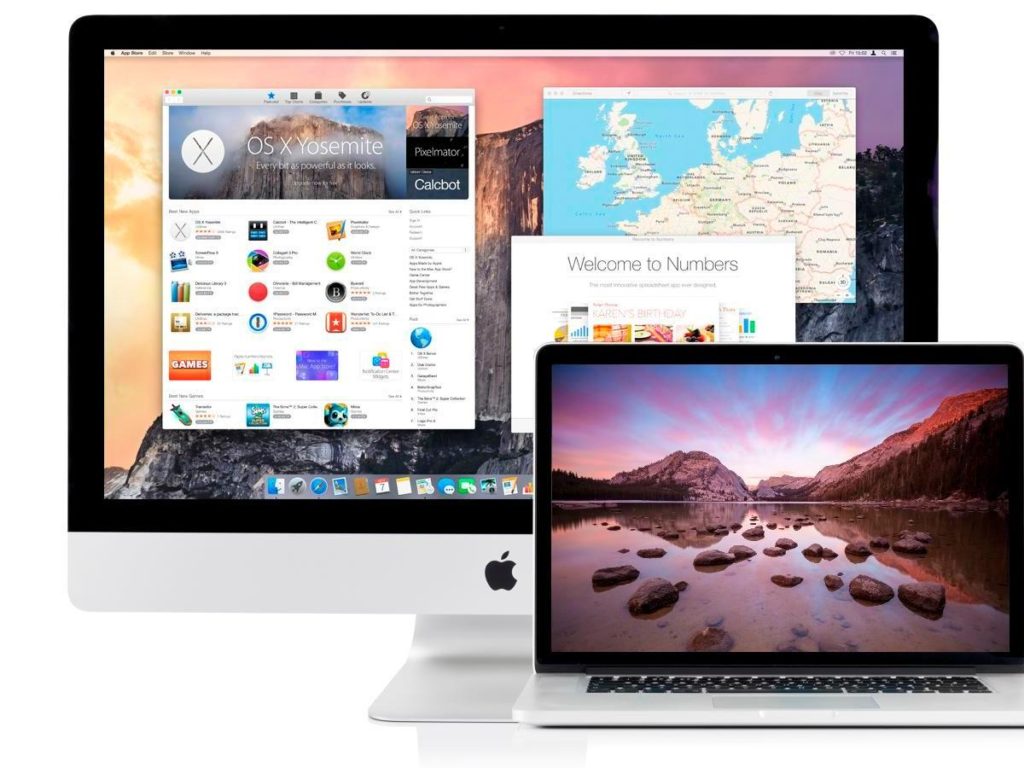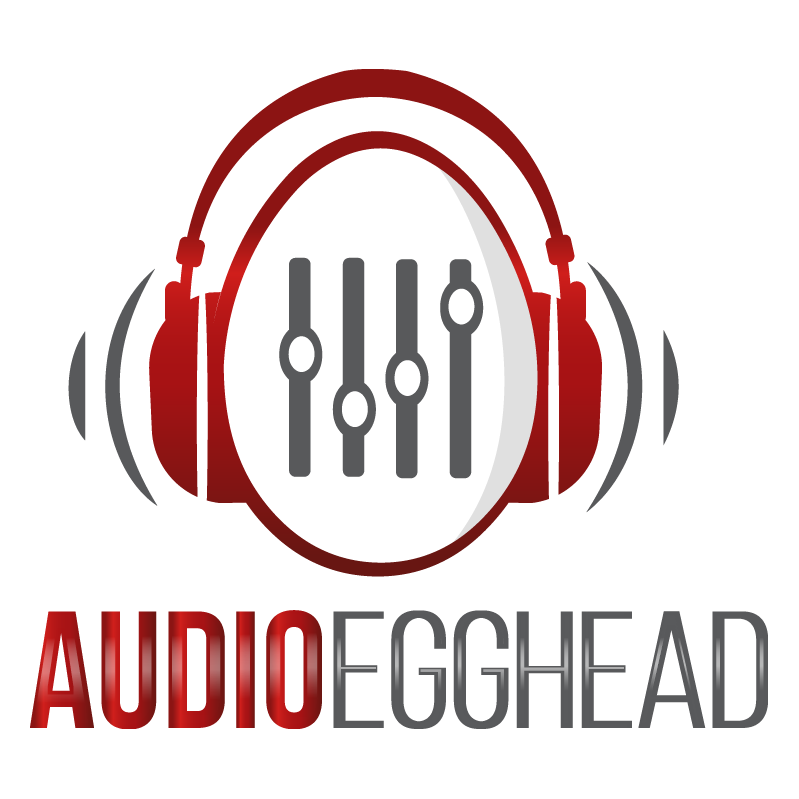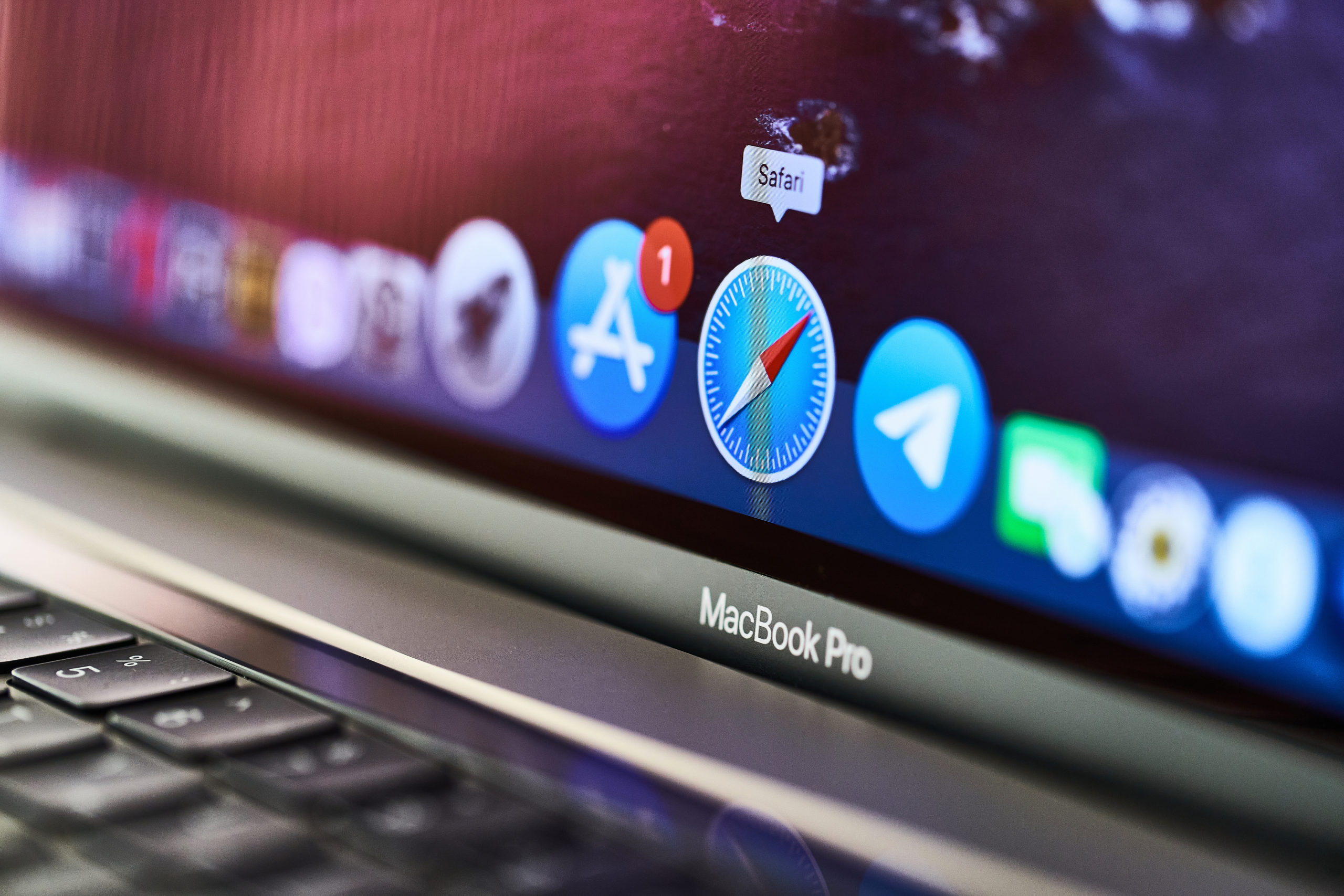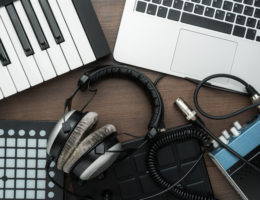The Mac vs PC debate has been going for quite a few years at this point. Each brand has distinct pieces of equipment and operating systems. Each brand has its die-hard fans. For regular home use, people have their personal preferences.
But once you get into more specialized arenas, consumers tend to drift more toward one or the other. For instance, many graphic designers are dedicated Mac users. Hard-core gamers will typically prefer PCs. But what happens when we consider the question of Mac vs PC for music production? Does Apple or Windows come out on top when it comes to music producers working in their home studios?
Finding the Best Computer for Your Goals
Before I get into my opinion, let me just get this out of the way first. The best computer for music making is whatever helps you accomplish your goals. Maybe you can’t stand MacOS, or maybe you’ve grown up with it, and you can’t imagine anything else.
Whatever advantages a particular platform might have, a computer is always just a means to an end. In this case, that end is a set of goals: helping you create music, helping you store and share your creations, and helping you sustain your music career or hobby.

For some people, that means having a powerful desktop that never leaves their home or recording studio. For others, it means having a mobile laptop because they’re always on-the-go, and portability is critically important. The point is: the computer system is there to serve you, not the other way around.
How Do You Choose the Best Computer for Music Production?
With that in mind, I want to take a look at these machines in terms of what they can offer. How is a Mac better than a PC? How is a PC better than a Mac? This seems infinitely more helpful than simply saying one is better at everything.

This way, you’ll be able to make up your mind. If performance or storage is the most important thing, you might make one choice. If budget is more crucial right now, you might make another. So when matching up Apple Mac with Windows PC models, I’m going to look at a few specific categories.
- Available Hardware & Compatibility
- Available Software & Compatibility
- Computer Performance (Laptops and Desktops)
- Value
- User Friendliness
- Portability
The reason I’m splitting it up this way is that these are motivating forces when it comes to deciding on a specific platform. Some people already know they want a desktop, so laptop performance isn’t really important to them.
Others might be committed to a specific piece of hardware or software that are only compatible with one or the other. Whatever your starting point, these matchups should help you get a good idea of what’s likely to help you the most.
Available Hardware & Compatibility

When it comes to music production, some hardware is important, and some isn’t. You’re going to have a lot of equipment in your studio that isn’t really part of your computer (studio monitors, MIDI controllers, and so on.) You’re also going to have your actual computer hardware: the display, keyboard, hard drive, and the rest.
Macs
When it comes to hardware, Macs often come with some great options as part of their packages, but upgrading can be frustrating. The newest MacBook Pro laptops have dropped the USB 2.0 and USB 3.0 ports in favor of USB C ports.
This is a newer technology that is able to take advantage of superior Thunderbolt cables, but not all hardware will be compatible with these. Apple often seems to assume that you will be buying the latest hardware across the board, which may not always be practical for every budget.
That said, if your hardware isn’t USB C-compatible, there’s an easy solution: just buy an adapter.
In general, plug and play hardware actually tends to work better with Macs than PC. But many find Apple’s insistence on eliminating ports people still use to be annoying.
PCs
PCs, meanwhile, maintain a wider array of options and are more customizable. Part of this is that there are many computer manufacturers that build machines that rely on Microsoft Windows, while only Apple makes machines with the Mac OS. This means that PC companies are in competition with each other, and one of the ways they distinguish themselves is their hardware and compatibility. That means more choices for you.
I’m a bit biased here—but I’ll also say that this requires Windows to work across so much different hardware. While MacOS is specifically designed to work with the hardware that Apple also built. In my experience, this usually results in Macs having a more consistent performance in conjunction with their operating system.
Graphics Card?

That being said, there are a few choices you don’t need to worry about too much for music production, specifically. You probably don’t need to drop tons of cash on a top-tier graphics card or video card—unless you plan on doing video production as well, which isn’t uncommon in conjunction with producing music.
If you’re looking to upgrade or customize your computer, the PC world has the edge here. You can get great results customizing an iMac or a Mac Pro, but your options are more limited.
Available Software & Compatibility

It used to be the case that software was almost never available on both Windows and Mac OS platforms. Gradually, this division became less and less common, and today you see many cross platform programs that can run on either system.
Check if Your Desired Software is Compatible
However, there are some crucial exceptions. If you’re attached to a particular DAW (digital audio workstation), synth, plugin, VST, virtual instrument set, or other piece of music production software, you should do some research and make sure it will work with your computer.
Many programs work on both Windows computers and Mac Computers… but not all of them. For example, some software like Logic Pro and Garageband only work on Mac.
Lesser-Known Software Might Tend to be Windows Only
Windows machines are more numerous, and as a result, lesser-known software (created by small-time developers) may only exist for Windows. There are simply more developers working on Windows machines.
Other Apple Products
If you’re doing a lot of your work on mobile Apple products, you can find some great iOS options. Apple managed to get ahead of Microsoft when it came to the smartphone and tablet revolution. As a result, there are some great Mac-only apps for iPhone and iPad.
Your DAW
There are many pieces of music software out there, but probably the most important software is going to be your preferred DAW. Ableton Live, Pro Tools, Cubase, FL Studio, and Reaper will work on a Mac OR a Windows machine. Garageband and Logic Pro will only work on Mac OS, while Sonar is Windows only. It’s possible you can get a translator to bridge the gap, but it’s unlikely that it will operate as efficiently.

In this case, there isn’t a clear winner. It really depends on what software you’re already using or want to use. If you’re set on using Ableton Live or any of the other DAWs that work on both operating systems, you’ll be in good shape either way.
The question is less about specific compatibility, and more about how well they run. A few years back, I would have given the edge to Apple, but Windows has been improving for a few years in this case, and they’ve started to become more competitive.
Drawbacks
Malware

The one drawback of Windows software is that there’s a lot more malware floating around that can cause performance and security problems. The same advantage that comes from “having more developers” also leads to “having more viruses” and other people who want to hack into your system or just cause chaos.
Macs are considerably more likely to be secure, and you can sleep a little easier at night if you’re running a Mac OS. There just aren’t as many nefarious viruses that are built to attack Macs.
Pro Tip: Whether you’re on a Mac or PC, BACK UP YOUR FILES.
I use BackBlaze—for $6/mo (or $60/yr). It runs in the background and keeps files backed up in close to real-time.
DPC Latency
A quick story on why I switched to Macs for good.
In 2014, I paid for a powerhouse custom laptop. The specs were great, and it cost a fraction of what a MacBook Pro with much lower specs would have cost me.
Everything worked great—until I was making music in Ableton and experienced random dropouts every few minutes.
I dug deeper and deeper on the internet and tried everything, but the problem never fully went away. So there you have it—a computer with great specs, but not great performance all-around.
That’s not to say that ALL PCs have this problem. Of course not. BUT, specs aren’t everything. Quality hardware working in unison with a quality operating system is ultimately what makes a reliable computer and a consistent experience. And for that reason, I prefer Macs.
Computer Performance
It’s difficult to compare Macs’ and PCs’ performance generally—PCs have a vast range of brands, hardware, and other options that drastically improve performance.
If you are planning on upgrading and customizing your computer, you can get equal or better performance from a PC for the less. The drawback here is that you typically need to know a bit about computers in order to make the most of it. Or you at least need to have the time to delve into some DIY YouTube videos.
The highest performing options from Apple are likely to cost you an arm and a leg.
But when it comes to music production, a MacBook Pro gets the job done.
The Specs
Essentially, Macs offer quality, consistency, ease of use, mobility, uniformity, and stability. PCs offer potential. If you consider yourself a “computer person” or are willing to do the work of familiarizing yourself with tech terms and specs, then you can piece together or upgrade a Windows machine to be something really impressive. As a general rule, it may cost less money, but more time.
Whatever system you use, you should aim for some basic minimum requirements on your machines, in order to get a decent performance.
Processor
I wouldn’t advise going with less than an i7 processor with at least 2.9 to 3.0 GHz of processing power. You might be able to get away with a little less, but you could slow your machine if you push the limits.
In addition, as future releases and new programs are developed, your older processors will become obsolete much sooner.
Ram
You’ll want 8GB of RAM at a bare minimum (and you might be happier with 16GB or more)
Hard Drive — an Important Anecdote
This might be the most important section of this article.
I’d had my 2012 MacBook Pro for a few years. It had a standard 2TB hard drive that was a little more than half full. My computer was soooo slow starting up, let alone running Ableton. I figured my laptop’s life had run its course.
My producer friend iLLadin told me to try swapping out the HDD with and solid state drive (instead of getting a new laptop completely.
I bought a 2TB Solid State Hard Drive, cloned my hard drive (using Carbon Copy Cloner), installed it, and booted back up.
To my surprise, my laptop ran like new, saving me thousands of dollars.
I can’t emphasize this enough—use a solid state hard drive. Make sure your operating system, applications/programs, and projects are all on a solid state, and your computer will run so much faster. Also, be sure that your solid state drive never exceeds 50% capacity. It needs the extra space to work efficiently.
Double Check Your Specs Before Checking Out

The latest MacBook Pro and Mac Pro both can get this out of the box if you order the right model. Right now, the baseline processor is 2.3GHz for the MacBook Pro, so pay close attention when choosing your options.
With an iMac, the baseline specs should be enough, but always double-check.
If you’re leaning toward getting a PC, I’d recommend looking at a Dell XPS or Asus ROG Strix. These both run their software cleanly and at a high-performance level.
Value for Money
It’s not really a secret that you can find cheaper PCs than Macs. If you’re on a tight budget and looking to minimize your expenditures as much as possible, then you may be better off looking at a Windows machine.
However, I’d recommend researching carefully. If you look at all the specs that cheaper Dell has, does it really come out to be less expensive? Will it get the job done? Will it last?
I’d give the PCs the edge for anyone who really needs to save their pennies.
User Friendliness
I admit, I place a lot of value on the user interface and ease of use aspect to a computer. Macs have a responsive and intuitive feel that makes them easily accessible (once you learn it, of course).
Windows machines have closed the gap in the last five years, and it may be the case that they overtake Apple in this category. But so far, this one is solidly in Apple’s corner right now (in my humble opinion).
Mac vs PC for Music Production – The Verdict

At this point, it’s obvious—I tend to lean toward Macs more myself. But I’m the first one to admit that they’re way overpriced.
What Mac is best for music production? Well, if you want a machine you can use right out of the box, the iMac is still a creative standard. For a great mobile option, I’d recommend the MacBook Pro (Amazon has some great deals on refurbished MacBooks).
If you want to fine-tune your upgrades or if you need to save every available dollar, then PCs can come through really well too. In the grand scheme of things, we’re lucky to be living in an age where we have such a fantastic set of choices.





